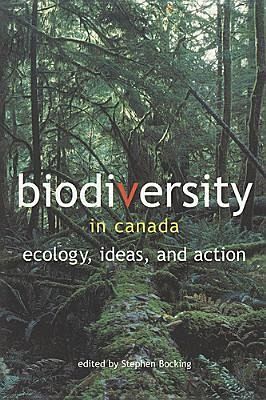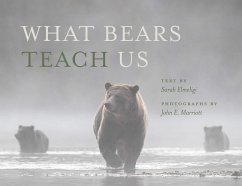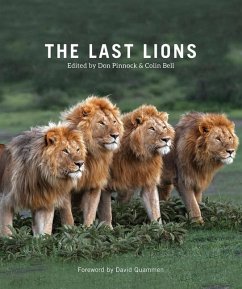
Biodiversity in Canada
Ecology, Ideas, and Action

PAYBACK Punkte
27 °P sammeln!
Clearcut forests, endangered species, national parks, loss of crop varieties: in the last decade the common element of these varied concerns has become widely recognized. These are all biodiversity issues: they relate to the variety of life on Earth and our relationship with it. This relationship is now capturing the attention of activists, scientists, policymakers, and the public, from negotiations at the United Nations to concerns about the neighborhood park. Biodiversity issues raise many questions. How many species are there, and what do they need to survive? How have we learned what we kn...
Clearcut forests, endangered species, national parks, loss of crop varieties: in the last decade the common element of these varied concerns has become widely recognized. These are all biodiversity issues: they relate to the variety of life on Earth and our relationship with it. This relationship is now capturing the attention of activists, scientists, policymakers, and the public, from negotiations at the United Nations to concerns about the neighborhood park. Biodiversity issues raise many questions. How many species are there, and what do they need to survive? How have we learned what we know about biodiversity? What is its value? What policies are needed to protect it? Who participates in protecting biodiversity: governments, industry, activists? This book explores answers to these questions and, in doing so, shows how biodiversity, like other complex environmental issues, can only be understood through the insights provided by many perspecives. The authors contributing to this volume include scientists, historians, anthropologists, lawyers, political scientists, economists, and planners. Together, they provide an interdisciplinary perspective on biodiversity in Canada, especially usefol for undergraduate courses in environmental and natural resource studies, geography, and political science.














